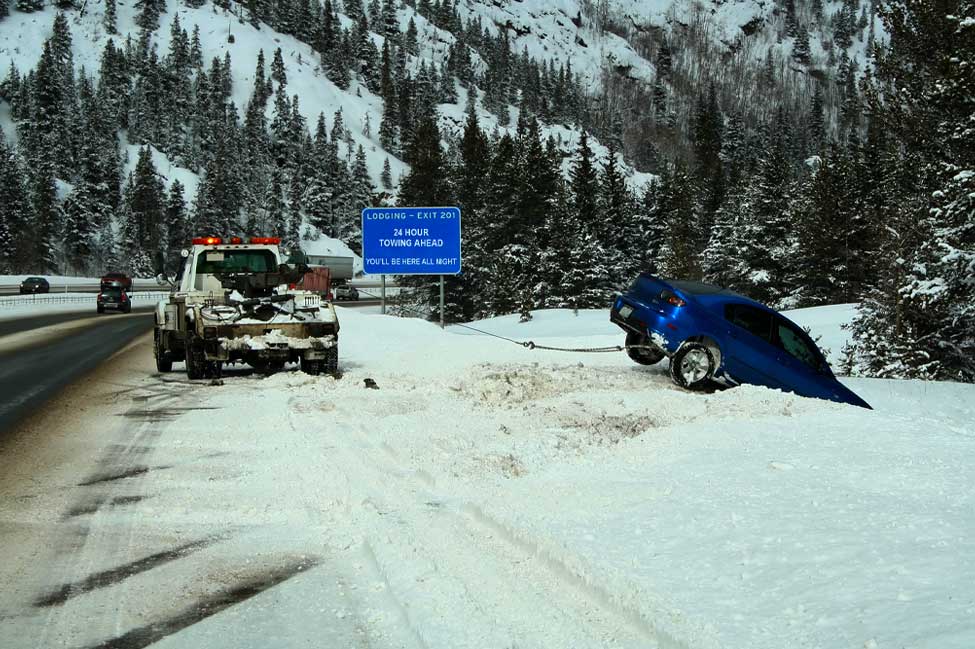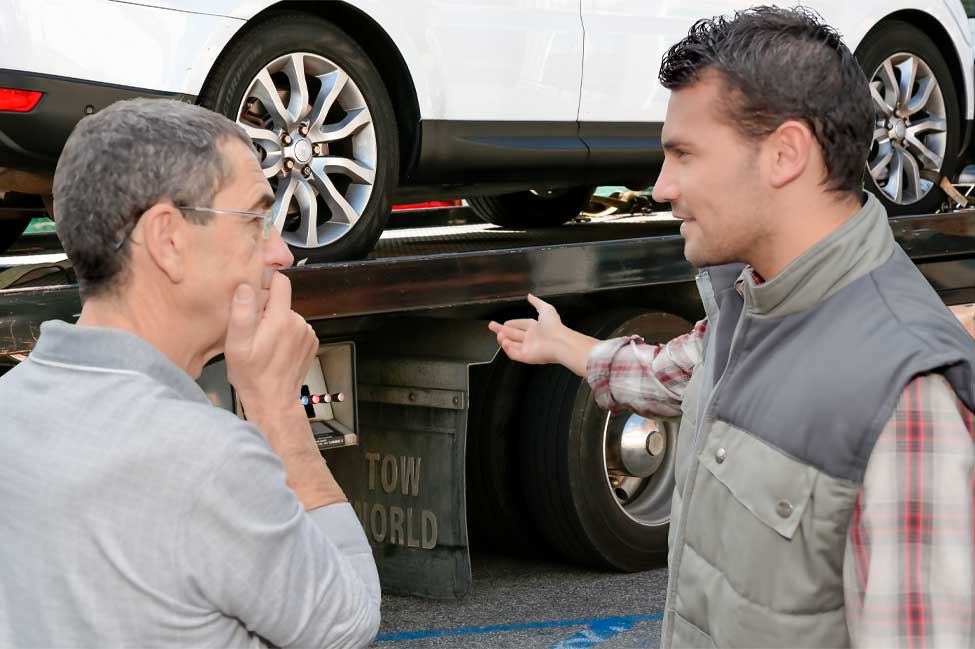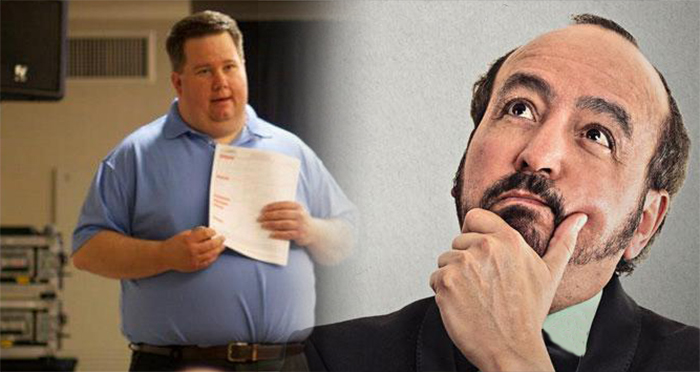Todd walked into my office looking for a job. Forty-ish…he looked decent enough. No facial tattoos, no flip-flops, and he wore decent clothes. He flashed a Class A commercial driver’s license and had my attention.
I gave him an application. He filled it out and we sat down for an unscheduled interview. I asked about his previous work and he said that he’d driven for an over-the-road trucking company. One of the biggest trucking companies in the United States. And as we talked he began to go into detail about everything he believed to be wrong with this company. He’d only been there for 3 months, but from his complaining, you’d think it had been a decade.
He continued and I listened and his words began to reveal his true character. And after a few minutes…I sort of stopped listening.
While he droned-on about what they had promised but had failed to follow-through with, I couldn’t help but picture him sitting in front of another potential employer, 3 or 4 months down the road. Yeah…my mind wandered and I could see into the not-to-distant future. I’d hired him, trained him and saw him leave, disillusioned…and now in my thought bubble…he was complaining about me and my company.
I came out of my trance and instead of cutting the interview short and kindly escorting him to the door, I decided to use the interview as a learning experience. So I donned my white lab-coat, grabbed my legal pad and pencil and, in an instant, turned into a researcher who wanted to know more.
You see I wanted to know why he had gone into such detail about the previous job. I wanted to know the real reason he left? What did he believe he was getting into in the first place? And why didn’t it work out?
I wanted to know what happened because—I work hard to keep my guys happy. I pay them well, I train them, and treat them good. I do all this because I want to keep them around. But what had me perplexed more than anything was—how this huge company, with its many resources could do worse than I when it came to hiring and retaining employees?
And my interest paid dividends. It turns out that part of the reason he left was because he believed he wasn’t being properly trained. His expectations were high because of what was promised during recruiting and the initial training to get the CDL. But after a few months, his claim is—the trucking company dropped the ball. They promised all this stuff to get him in the door but didn’t deliver once he was committed.
The pay wasn’t what they said, home time wasn’t as expected and he felt like he was being treated as a number rather than a person. The way he saw it was…He did his part, gave his time and went through the complimentary CDL training, but they didn’t do theirs.
Employees and employers alike need to know exactly what they’re getting into. And if used properly, the interview process can provide a unique opportunity to do just that and to determine if there’s a match. Rather than promising high and delivering low you should start by being brutally honest.
As an employer there are 6 things you can do, right off the bat, to avoid investing time and money into an employee who isn’t going to work out.
- Brutal Honesty: Be 100% honest and up front about what you expect from the relationship. You’re hiring for the position of tow truck operator. Explain that the nature of the business and the position being offered requires the successful applicant to be available at odd hours and to participate in after-hours work as needed. Doing this will scare away some, but undoubtedly those will be the ones who wouldn’t answer their phones anyway.
- Pay: Tell them exactly what they’ll be paid. If their wages are hourly then inform them of any hurdles that must be overcome before advancement. If commissioned work, provide them with the precise percentages they’ll be paid for the differing types of work.
- Training: Inform them as to the training that will be provided and the schedule you expect them to adhere to. Then…
- Train them properly: Create a schedule that includes Equipment Training, Recovery Training, Safety Training, Driver Etiquette, Proper Invoicing Habits, Damage Avoidance, and Customer Service Training.
- Create and Communicate Consequences: This alerts your new-hire to the fact that, should they fail to keep up with the training schedule and learn all that’s required of them, consequences with regards to limited opportunities for advancement exist. Create and properly communicate those consequences before you hire them.
- Follow Through: After you’ve created a training schedule and put in place a system for advancement and set up consequences for not learning all that’s required…and then communicated those consequences…you must then follow through. Adhere to the consequences put in place. This last part is crucial. If you’re seen as someone who “lets things go” they’ll take advantage, and before you know it, everyone’s doing substandard work while expecting above-average pay.
Use the interview as a tool to set reasonable expectations and to lay out exactly what you will provide if the applicant decides to become part of your team. Doing this will save you time and money and go a long way toward building a sustainable business.







Leave A Comment